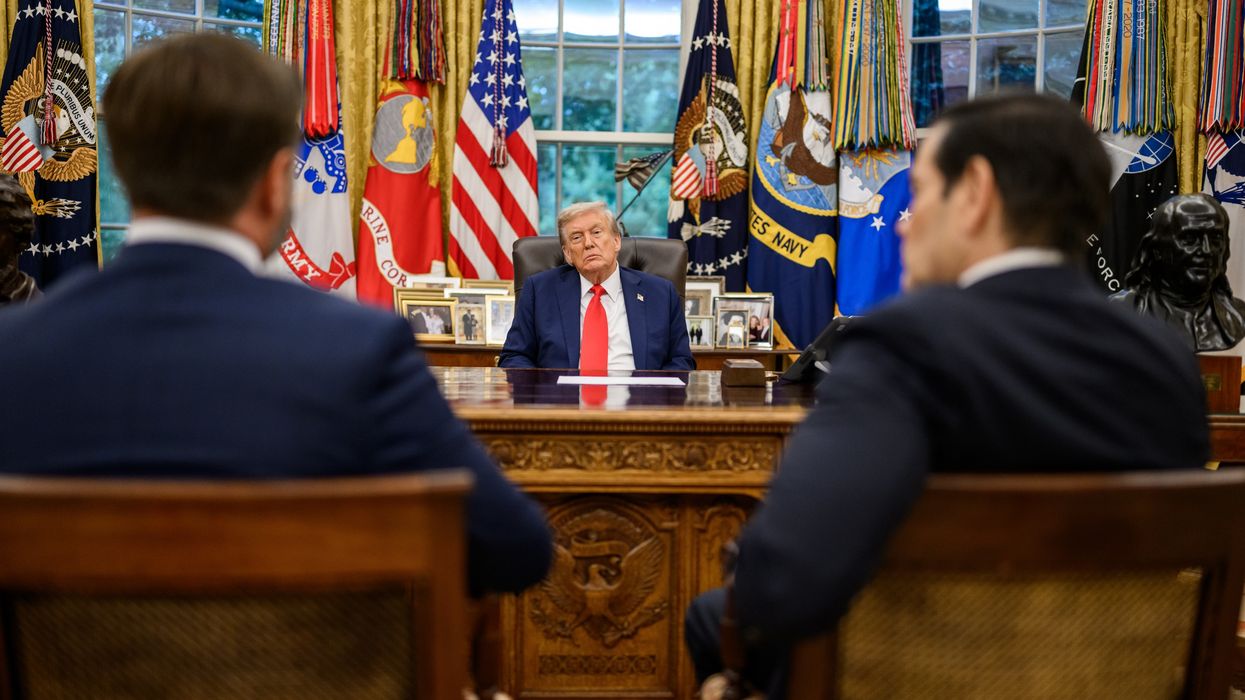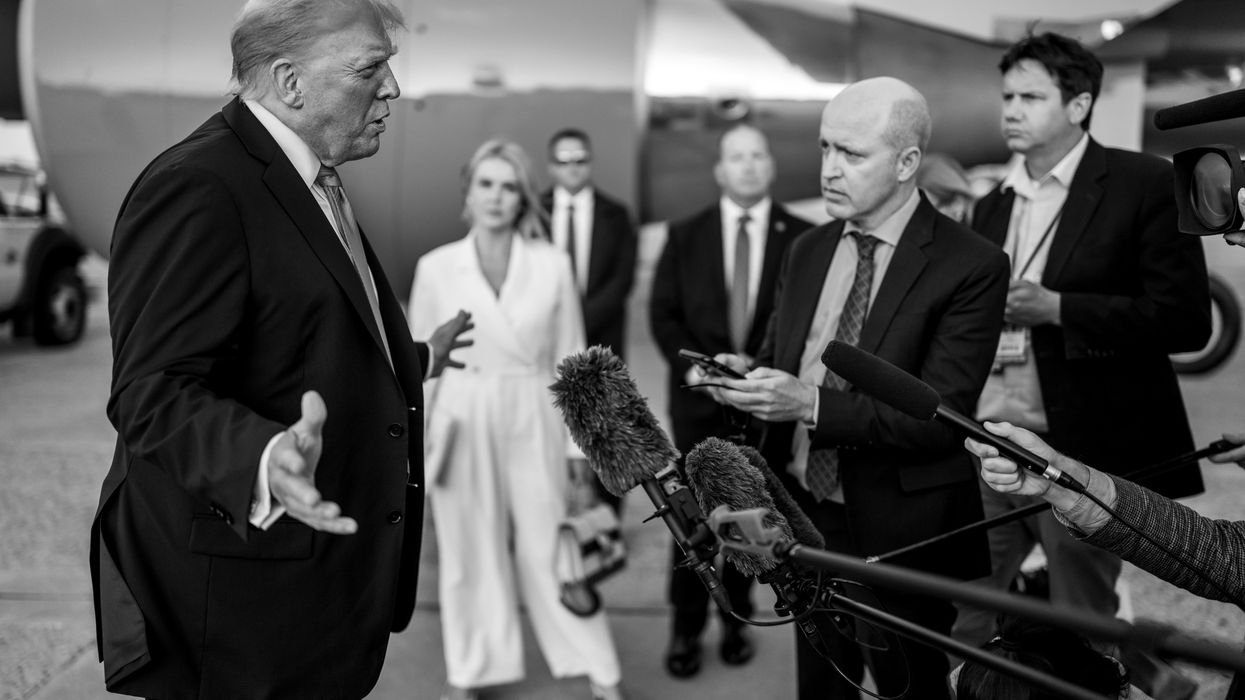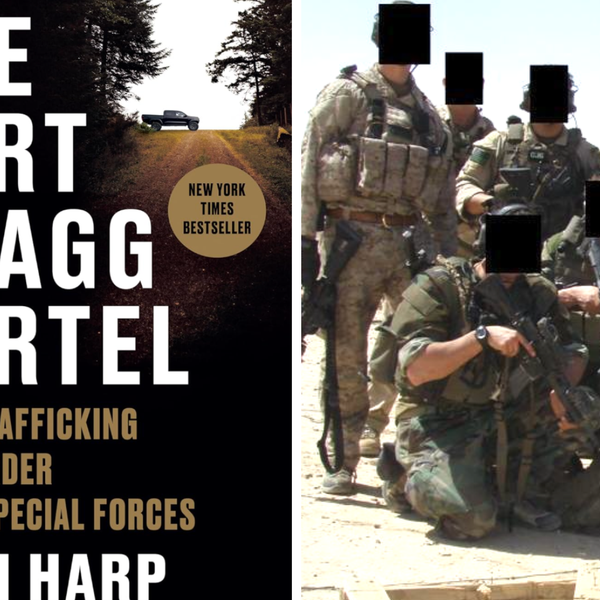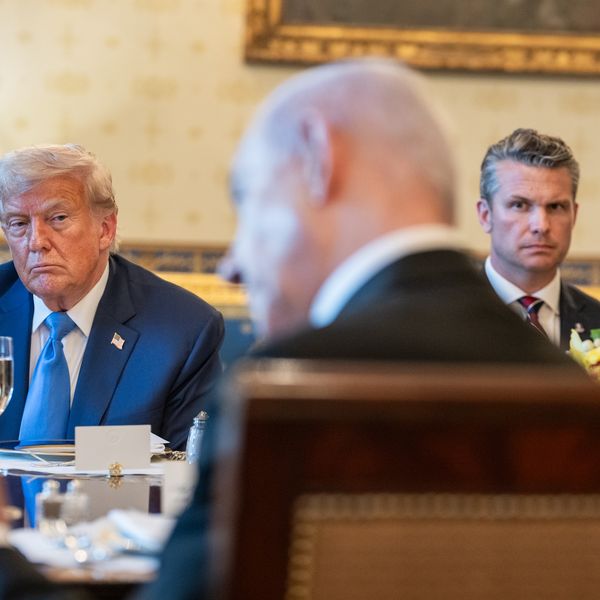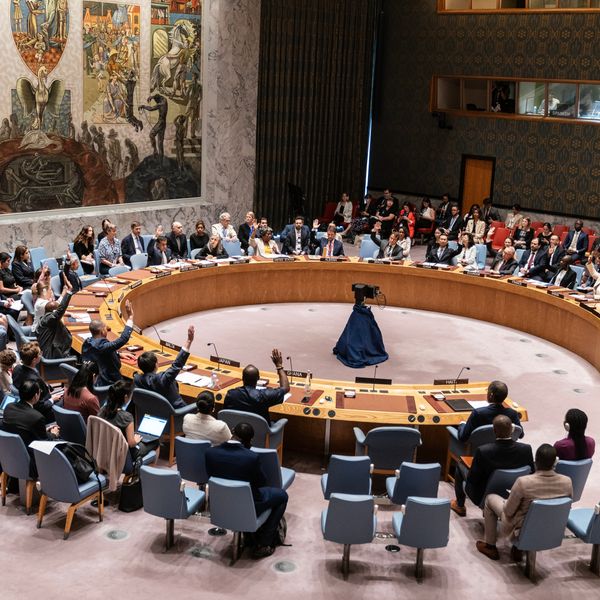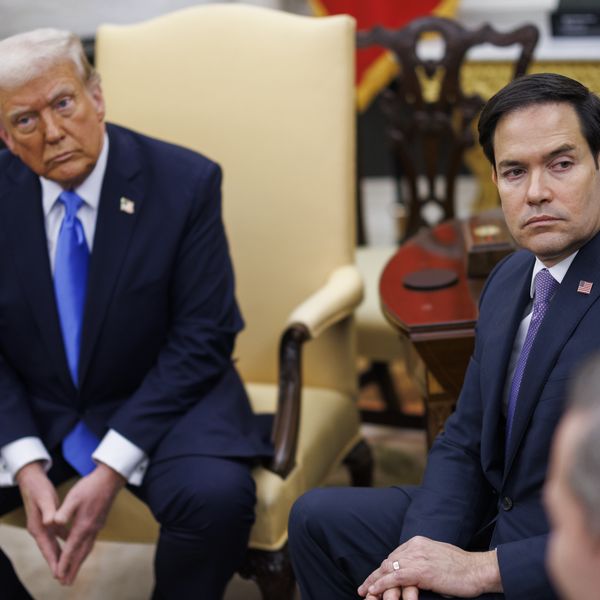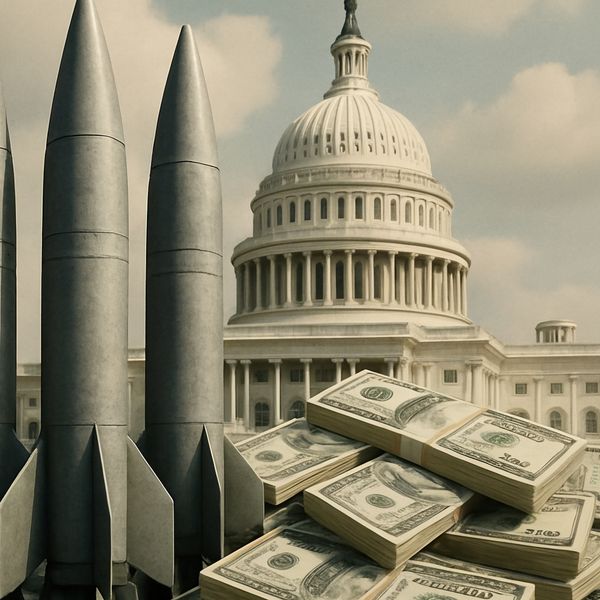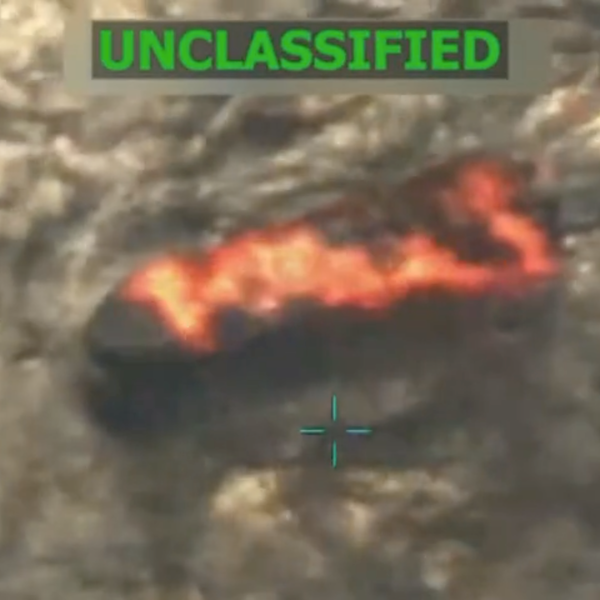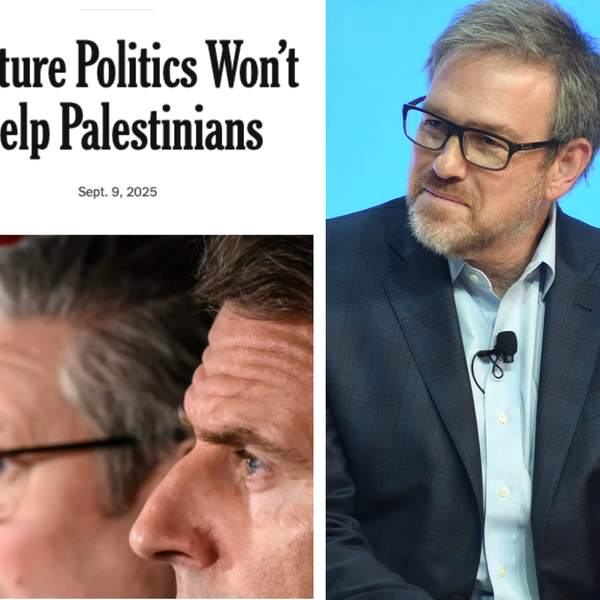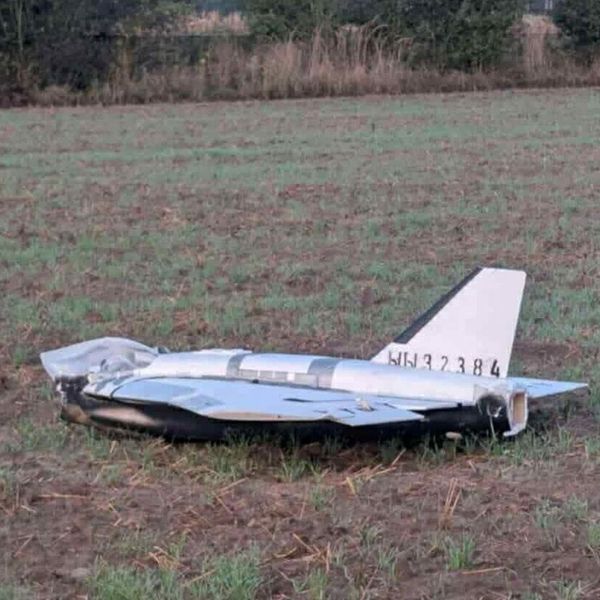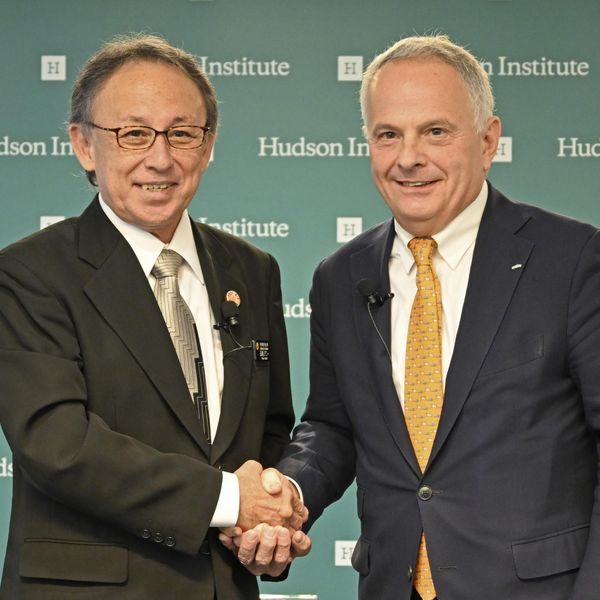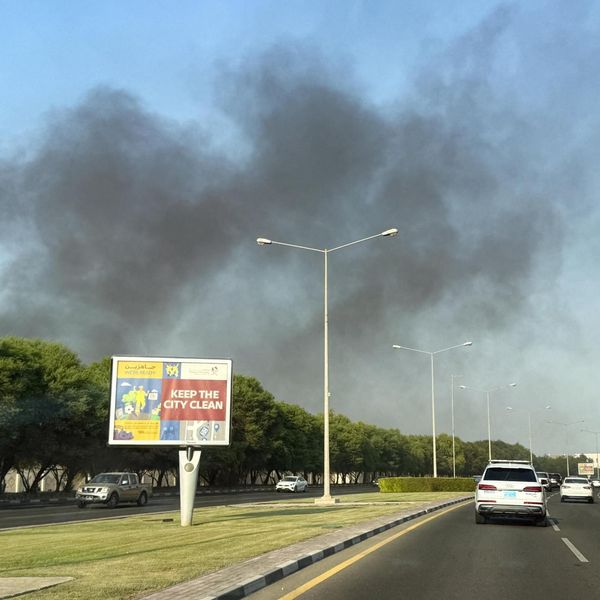Last month, The Quincy Institute for Responsible Statecraft co-hosted a panel discussion with the American Committee for US-Russia Accord on the outcomes and implications of the Biden-Putin summit meeting in Geneva.
ACURA is not new — but our mission has been updated to reflect current realities in the U.S.-Russia relationship. So we’d like to take this opportunity to say a few words about our group: who we are, and what we hope to achieve.
But first, perhaps, some history is in order.
The original Committee for East-West Accord was founded in 1974 to act as a counterweight to the then-growing backlash in Washington to the Nixon administration’s policy of detente. At the time, a well funded and well connected cohort of neoconservatives had formed the Committee on the Present Danger which sought to drum up support for ever higher defense budgets by employing the overheated rhetoric of cold war alarmism. The first Committee for East-West Accord boasted such luminaries as the diplomat George F. Kennan; former Under Secretary of State George Ball; Pepsico Chairman Donald Kendall; Harvard economist John Kenneth Galbraith;Notre Dame University president Fr. Theodore Hesburgh; and Princeton University Russian scholar [and my late husband] Stephen F. Cohen.
It was Steve who was the guiding force behind the Committee’s re-emergence in 2015, this time as the American Committee for East-West Accord. As Steve noted at the time, “The old Committee, formed mainly by corporate CEOs, was well funded, had offices in Washington D.C., and had supporters in many places — in the media, in Congress, in the two political parties, in the State Department, etc. We have none of these advantages now. Our struggle is therefore much more difficult, but therefore also more important.”
It was also Steve who, far earlier than most, saw the danger of the new cold war that was forming in the mid 2000s and which reached its apex in the months and years immediately following the 2014 crisis in Ukraine. Steve observed with dismay that many journalists, scholars and foreign policy practitioners acted as though the risks of a prolonged East-West confrontation were negligible. In his view, this was the height of reckless irresponsibility. He knew, as we know now, that the inherent risks of a confrontation between the U.S. and Russia, each armed with roughly 1350 strategic nuclear warheads, and with our militaries nose to nose across east-central Europe, the Black Sea, and Syria, were enormous. The role of the West in fomenting rebellion against a democratically elected government in Kiev greatly exacerbated the risks of confrontation.
Steve’s decision to re-establish the committee at the high point of what may fairly be characterized as a neo-McCarthyite stance toward Russia, was also very much in keeping with his character. In a Chronicle of Higher Education profile, the distinguished scholar Ronald Suny observed that Steve “tries to fight all windmills at once,” adding that he thought Steve “rather courageous” for covering “for more timid colleagues.”
Inspired by his example, we relaunched as the American Committee for US-Russia Accord (ACURA) in January of this year, with the goal of the goal of introducing civility and moderation to the increasingly toxic debate over U.S. policy toward Russia, and toward Russia itself, while emphasizing the legitimate interests of both the United States and Russia, and urging ethical fairness in the means of serving these interests.
Ours is a collaborative effort between distinguished scholars, businessmen, artists, activists and diplomats, who are searching for new ways to collaborate with people from across a wide spectrum on holding a real dialogue over the current problems bedeviling the U.S.-Russian relationship.
The Committee’s current Board includes a wide range of distinguished citizens including former senator and presidential candidate Bill Bradley; Ronald Reagan’s ambassador to the USSR, Jack Matlock; former Procter and Gamble CEO, John Pepper; the scholar Nicolai N. Petro; citizen diplomats Sharon Tennison and Cynthia Lazaroff; former UN ambassador Donald McHenry; and Quincy’s own Anatol Lieven.
Our website includes original and curated material for those who seek different, alternative approaches. As we say in our Mission statement which one can access at usrussiaaccord.org, “The primary mission of ACURA is to promote diplomacy, dialogue and cooperation with Russia. Our goal is to stimulate public awareness regarding the dangers of a new Cold War by encouraging open, civilized, informed debate among Americans with different, even opposing, positions, perspectives, and proposals.”
ACURA believes the kind of world we leave to future generations hinges in large part on how we navigate the perilous shoals of the US-Russia relationship. With the help of grassroots activists and thoughtful, innovative centers of action, policy and scholarship like Quincy, we hope to affect much needed change and begin a new era of dialogue and diplomacy between the world’s nuclear superpowers.

